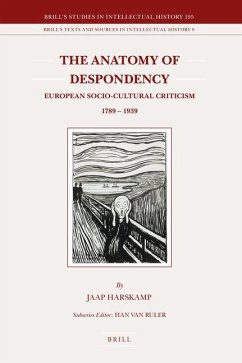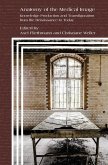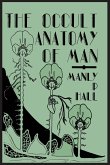Socio-cultural criticism is the continuous assessment and evaluation of developments within democratic society and hence a vital ingredient of democracy itself. Departing from the French Revolution, this study focuses upon a tradition of European criticism. On the whole, critics accepted that technological advance was irreversible but they opposed the assumption that this implied general progress. Instead, they stressed the negatives: class conflict, erosion of tradition, mechanization of life, fragmentation of society, loss of cultural differentiation. The approach is exclusively text-orientated. The result is a multi-coloured mosaic depicting an image of what has moved, confused or dismayed the European mind over a period of a century and a half. The intensity of concern has shaped our contemporary thought, awareness and outlook. Jaap Harskamp, Ph.D. (1976) in Comparative Literature, University of Amsterdam, is Curator of the Dutch/Flemish Collections in the British Library and Honorary Research Fellow at University College London. His work has been widely published on the Continent and in the UK.
Hinweis: Dieser Artikel kann nur an eine deutsche Lieferadresse ausgeliefert werden.
Hinweis: Dieser Artikel kann nur an eine deutsche Lieferadresse ausgeliefert werden.








